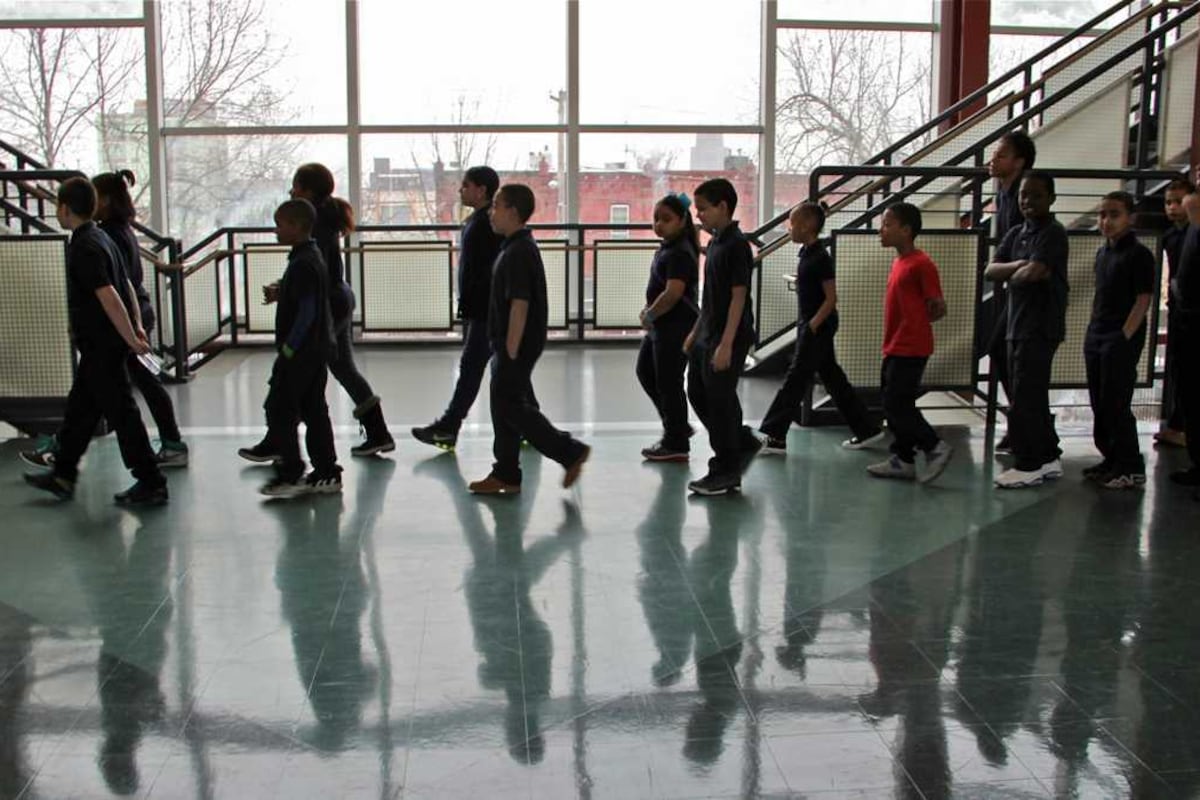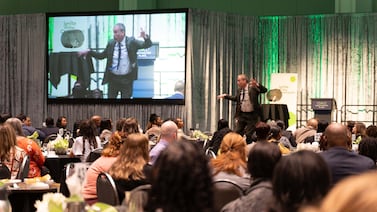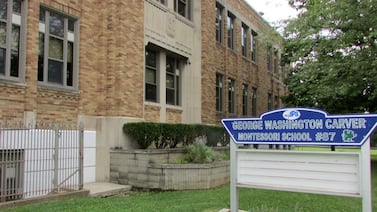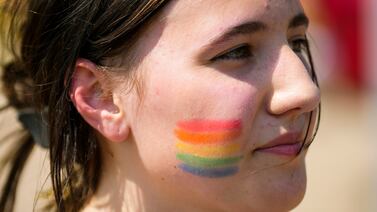After five months of in-person instruction in more than 100 private schools in Philadelphia, health officials report nine outbreaks of COVID-19.
Among 1,700 operating day care centers, there have been 11 outbreaks, said James Garrow, a spokesman for the city Department of Health.
The experiences of the 125 to 150 parochial and private schools that opened could be instructive for the School District of Philadelphia, whose leaders are considering how to reopen public schools to a limited group of students for in-person instruction.
Superintendent William Hite has plans to announce Wednesday a limited hybrid reopening plan for Philadelphia district schools. Hite has said he would like to bring back students in prekindergarten to second grade. Hite decided twice before to abandon plans for some in-person learning after an outcry from parents and teachers over the summer and then a surge of the virus in November.
Hite has said often that the district is consulting with city health officials as well as experts at Children’s Hospital of Philadelphia in planning any school reopening and intends a regimen of COVID-19 testing and other safety measures. The district has a binding agreement with the Philadelphia Federation of Teachers on safety precautions that must be followed in any schools that reopen.
Hite has also said the public should expect that there would likely be some cases in schools and that some might have to temporarily close after any reopening, as required by health department guidelines. Hite didn’t respond to requests for comment for this story.
The health department defines an outbreak as six or more cases occurring within 14 days in a school that aren’t traceable to close contacts outside of school, Garrow said. It is counted as an outbreak even if cases aren’t linked to each other.
Some of the private schools have had cases, but not outbreaks, he said.
For small schools or daycares, such as those with fewer than 30 people, it is also an outbreak if it affects 5% of the total school population of students and staff who regularly come together.
“Our staff is counting the number of people in a school or daycare (students and staff) that test positive within 14 days and aren’t connected elsewhere, like if they live together,” Garrow said. “Once that number hits six, we consider it an outbreak, even if some of those people who tested positive never came into contact with others who tested positive.”
In scientific terms, that means it is an outbreak even if “we cannot establish an epidemiological link,” he said. And because of that, it’s hard to trace any outbreak to a breakdown of safety protocols in the school, “and thus we don’t look for that.”
The health department has not been identifying individual schools where outbreaks have occurred, and officials haven’t provided more information about the timing of each outbreak. In October, it was reported that COVID-19 cases temporarily shut down the private Philadelphia School, which serves students in pre-K to eighth grade, and Saints John Neumann and Maria Goretti High School, which is run by the Archdiocese of Philadelphia.
Dr. Thomas Farley, the city’s health commissioner, has said repeatedly that he thinks it is safe to open schools, as long as strict COVID-19 protocols are followed. He has pointed to the experiences of the schools and daycares in the city that have continued operating as evidence that safe reopening is possible.
Farley has never ordered city schools, particularly for the youngest children, to shut down.
Still, the city health department’s data suggest that outbreaks can and do occur within schools: Based on the city’s definition, of the K-12 private schools that opened this fall, 6% to 7% have since experienced outbreaks.
Schools that have an outbreak are required to follow health department guidance. The guidance also lays out all the precautions that must be followed to mitigate spread of the virus, including social distancing, wearing a mask, and frequent hand washing.
Besides the youngest students, Hite has also expressed concerns about those with disabilities suffering from not having in-person instruction, and about career and technical education students who need to spend a minimum number of hours working in their field to obtain industry certification.
National research has suggested that opening schools does not contribute to community spread in areas where case counts and hospitalizations due to COVID-19 are low.
A study released earlier this month showed that when there are 44 or fewer hospitalizations per 100,000 persons, opening schools does not contribute to community spread. Above that figure, however, the research suggests it isn’t clear whether schools can open without contributing to spread.
In Philadelphia, the hospitalization rate per 100,000 for the week beginning Jan. 15 was just under 100, although it has been steadily declining since a peak of more than 150 in late November. However, the case counts and rates of spread in the city vary widely by neighborhood, with low-income, predominantly Black areas like North Philadelphia being hardest hit.
In the private schools and child care centers in Philadelphia where there have been outbreaks, Garrow said there has been no discernible pattern relating to the caseload in the surrounding neighborhoods.
Another study, which looked at Michigan and Washington, found that school reopening exacerbated community spread when COVID-19 cases were already moderate to high.
The level of community transmission for Philadelphia is rated as “substantial,” as measured by the state Department of Health and reported by the state Department of Education. In that case, the education department recommends a fully remote learning model.
However, an updated guidance adopted on Jan. 7 also says that districts with a positivity rate of less than 10% can be in the “moderate” category, allowing for some hybrid learning.
The state’s dashboard reports an incidence rate in Philadelphia of 181 cases per 100,000 residents for the most recent week, a positivity rate of 7.4%, and a decline in hospitalizations. Farley said Tuesday that the positivity rate in Philadelphia was 6.7%.
Reductions in hospitalizations were also reported for the surrounding counties.







